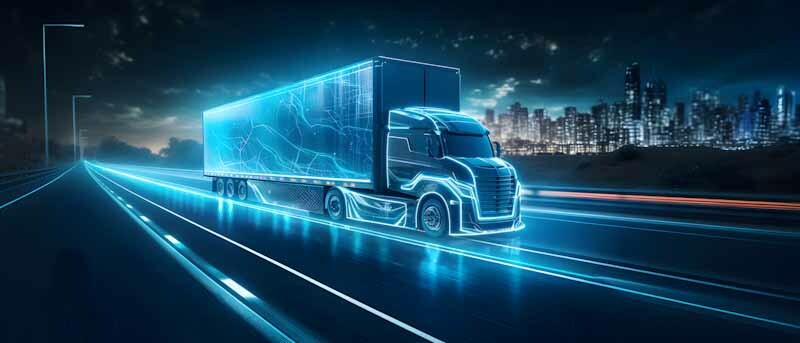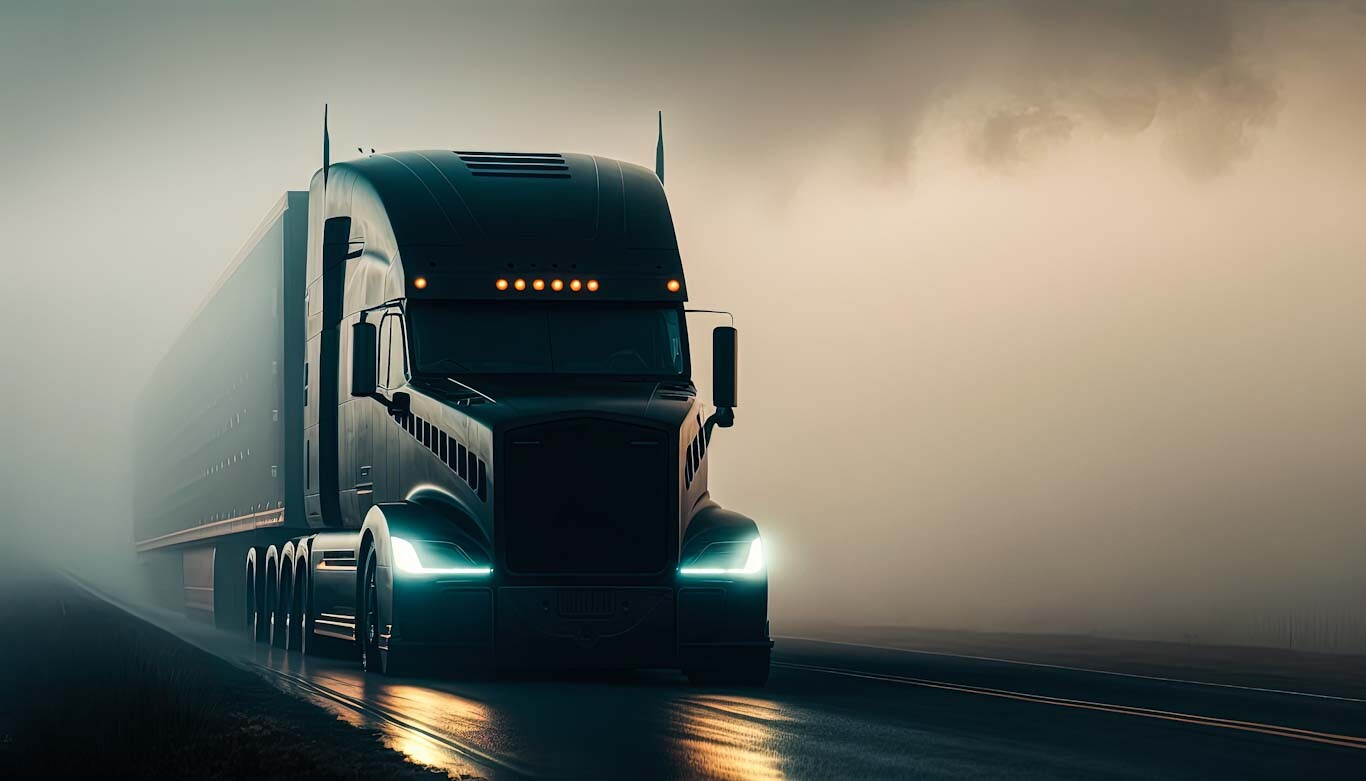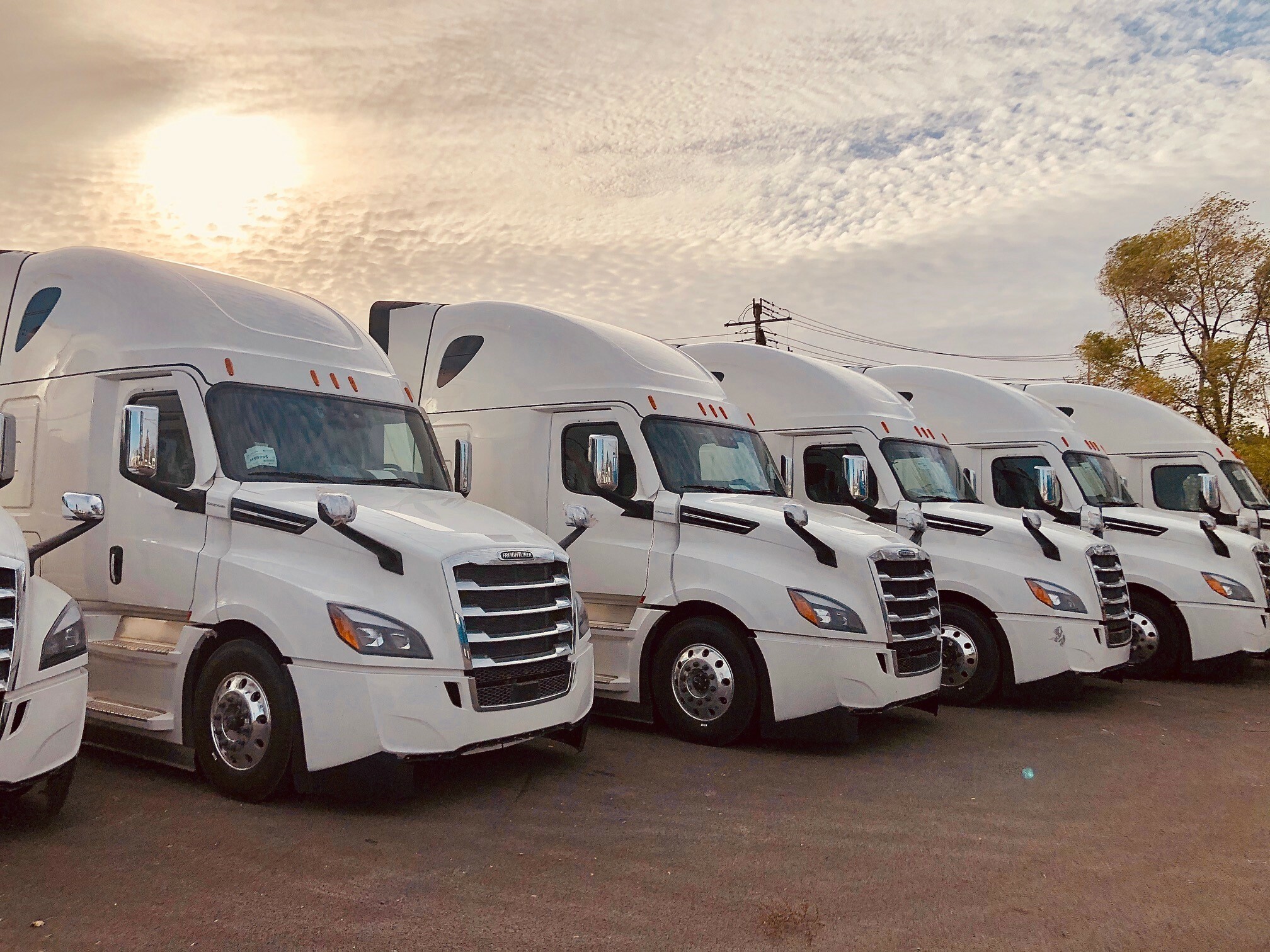Navigating the Green Highway: The Transition of Long Haul Trucking to a Sustainable Future
Mar 04, 2024 in TechnologyIn the vast network of global commerce, long haul trucking serves as the backbone, transporting goods across vast distances. However, this essential industry has long grappled with environmental concerns due to its reliance on fossil fuels. As the world embraces sustainability, the trucking sector faces a pivotal moment of transformation. Today, we delve into the promising journey towards a green future for long haul trucking.
The Challenge: For decades, diesel-powered trucks have dominated the highways, emitting greenhouse gases and contributing to pollution and climate change. The sheer scale of the industry's emissions has underscored the urgency for change. However, transitioning to a sustainable model poses multifaceted challenges, ranging from technological limitations to economic considerations.
Innovative Solutions: The transition to a green future in long haul trucking is underway, propelled by innovative technologies and bold initiatives. Electric trucks have emerged as frontrunners, promising zero-emission journeys with lower operational costs. Industry leaders like Tesla, Nikola, and Rivian are spearheading the development of electric trucks with impressive range and charging capabilities.
Moreover, hydrogen fuel cell trucks offer another promising avenue for sustainability. These vehicles utilize hydrogen gas to generate electricity, emitting only water vapor as a byproduct. With advancements in hydrogen infrastructure and production, fuel cell trucks hold tremendous potential for long haul transportation.
Beyond electrification, advancements in autonomous driving technologies are reshaping the trucking landscape. Self-driving trucks promise enhanced efficiency, reduced congestion, and improved safety. By optimizing routes and minimizing idle time, autonomous trucks contribute to a greener, more sustainable future for long haul transportation.
Policy Support: The transition to a green future requires robust policy frameworks to incentivize innovation and investment. Governments worldwide are implementing regulations and incentives to accelerate the adoption of sustainable technologies in the trucking industry. Tax credits, grants, and subsidies for electric and hydrogen-powered vehicles incentivize fleet operators to embrace greener alternatives.
Furthermore, stringent emission standards and carbon pricing mechanisms encourage the phasing out of diesel trucks while promoting cleaner alternatives. Collaborative efforts between policymakers, industry stakeholders, and environmental advocates are essential in driving systemic change and fostering a transition to sustainability.
Challenges and Opportunities: Despite the promising advancements, challenges persist in the journey towards a green future for long haul trucking. Infrastructure gaps, such as the availability of charging stations and hydrogen refueling stations, pose significant hurdles to widespread adoption. Additionally, the upfront costs of electric and hydrogen trucks remain a barrier for many fleet operators, necessitating financial incentives and supportive financing options.
However, amidst these challenges lie abundant opportunities for innovation and growth. The transition to a sustainable model not only mitigates environmental impact but also unlocks economic benefits. Reduced fuel costs, lower maintenance expenses, and enhanced brand reputation are among the many advantages that await early adopters of green technologies in long haul trucking.
The transition of the long haul trucking industry to a green future is an imperative journey towards environmental sustainability and economic prosperity. Through technological innovation, supportive policies, and collaborative efforts, stakeholders can steer the industry towards a greener horizon. As electric, hydrogen, and autonomous trucks pave the way for a cleaner and more efficient transportation sector, the road ahead promises a brighter, more sustainable future for long haul trucking.



